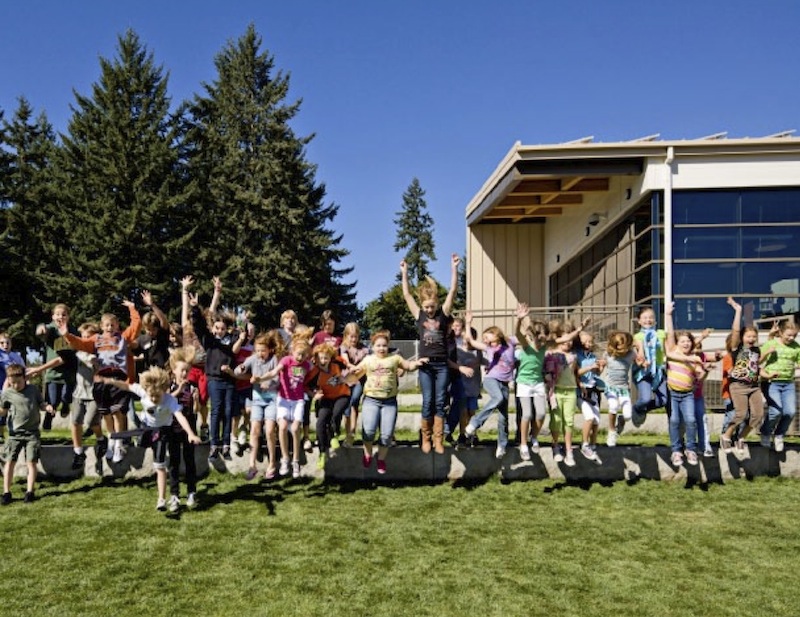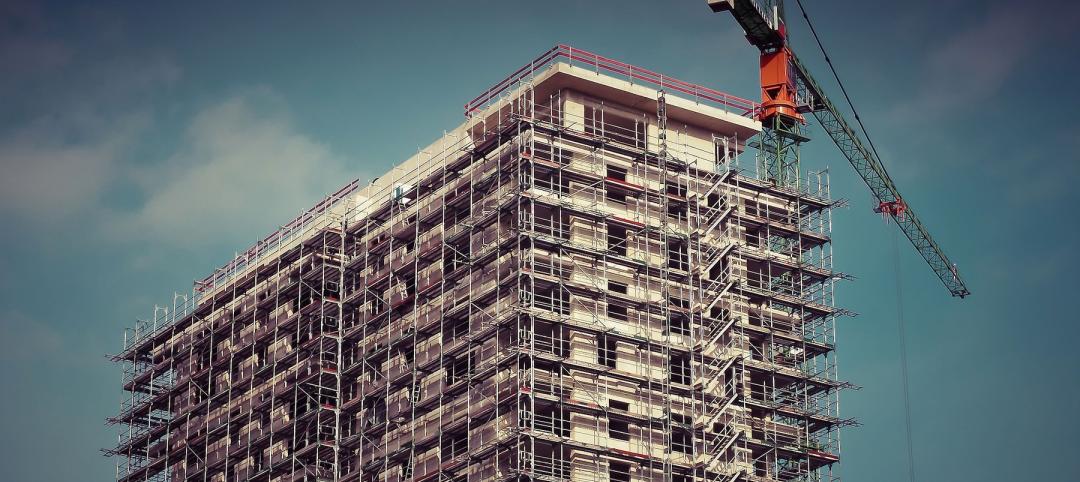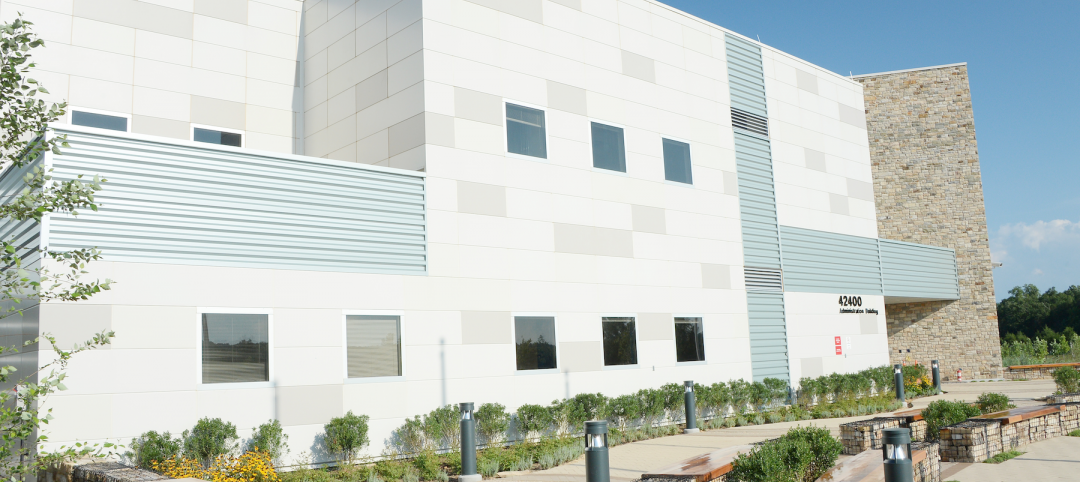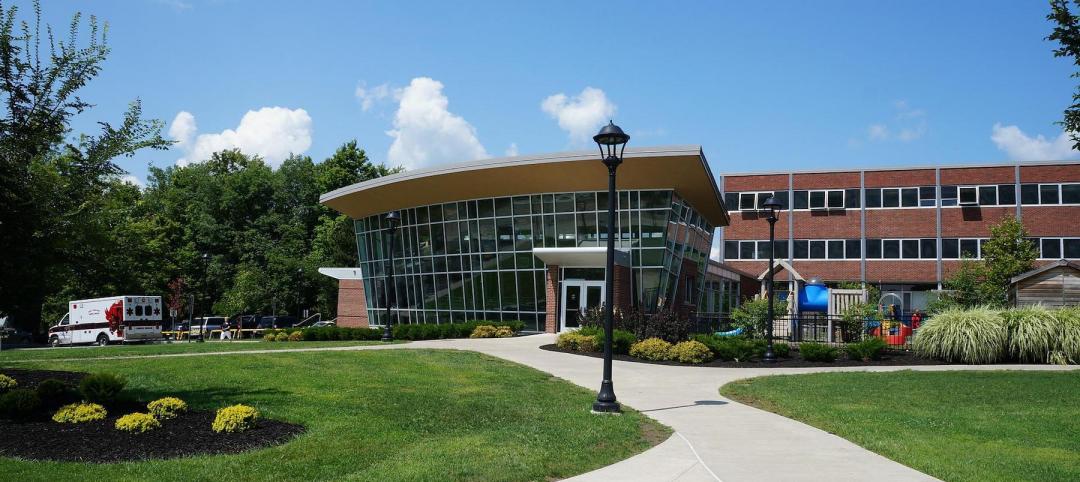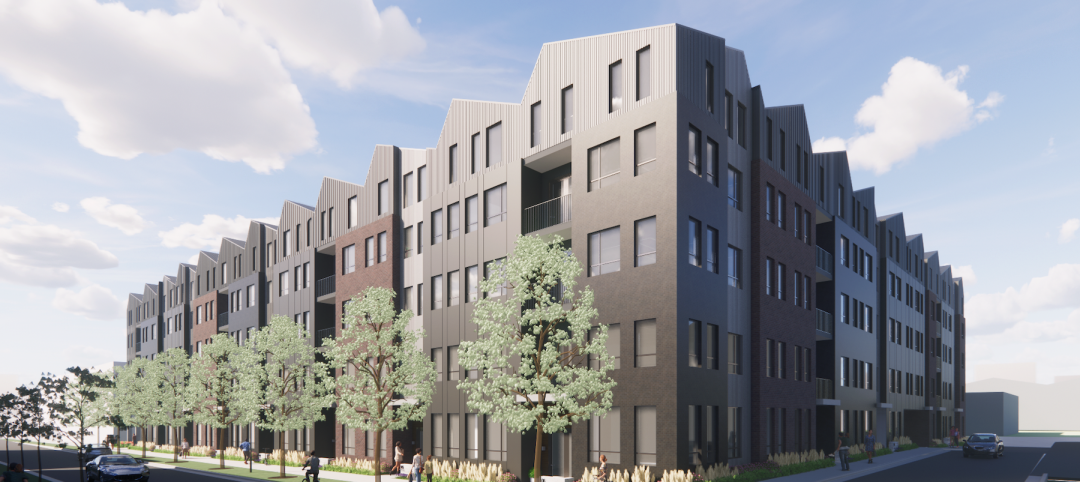DLR Group and the Institute for the Built Environment (IBE) at Colorado State University have collaborated on a research project to evaluate the effect of green school design on occupants and long-term building performance. IBE recently published the research report titled, "Linking Performance & Experience – An Analysis of Green Schools."
The findings show schools designed by DLR Group are more energy efficient, provide more space per student, and are constructed for less cost compared to regional averages for schools constructed during the same year. The overwhelming perception of school staff is that the learning environments within DLR Group green schools have a positive impact on health, achievement, and behavior.
“Design does not stop when the school opens," said DLR Group Senior Principal Jim French, AIA, who leads the firm’s K-12 practice. "The design process must include coming back to a project to measure building performance. If both the tangible metrics of energy efficiency and the intangible metrics of student and occupant satisfaction are not being evaluated, then as design professionals we are not truly meeting the needs of our K-12 clients and the communities they serve.”
The IBE researched 12 schools in eight states offering preschool through 8th grade instruction. IBE evaluated P-8 schools because these facilities offer a more controlled and consistent operational environment for study. For the purposes of the study, the schools in the research sample were third party certified or align with criteria for certification as sustainable buildings, and were in operation for at least 12 months.
The key findings include:
- A motivator to improve student health was only mentioned by a handful of respondents. However, when asked specifically about student health, 87% of respondents reported that they perceived a positive impact on student health, with most respondents specifically describing the positive impact of daylighting.
- 85% of respondents reported that their health and productivity were positively affected by the building.
- 71% of respondents perceived that the building has a positive effect on student achievement
- 71% perceived a positive effect on student behavior. For those that who did not share this perspective, many stated that it is very hard for them to identify the effect because of the many other variables which influence student achievement and behavior.
- Green building practices did not necessarily result in higher first costs. Out of the 10 sites in this sample, six were built for below the regional median cost for schools built in the same year, while four were built for costs greater than the regional median.
- The sample mean Energy Star score was 81, which indicates that the buildings are operating in the top 19th percentile. Nine out of the eleven building evaluated for Energy Star have a score over 75 and would receive the Energy Star award.
- Eight schools are operating at or better than the 2030 Challenge 50% reduction target. In addition, by organizing the schools by the year constructed, it is clear that over time the buildings' design has become increasingly more efficient.
Download the DLR Group/CSU high-performance schools study (PDF).
Related Stories
Market Data | May 10, 2022
Hybrid work could result in 20% less demand for office space
Global office demand could drop by between 10% and 20% as companies continue to develop policies around hybrid work arrangements, a Barclays analyst recently stated on CNBC.
Multifamily Housing | May 10, 2022
Multifamily rents up 14.3% in 2022
The average U.S. asking rent for multifamily housing increased $15 in April to an all-time high of $1,659, according to Yardi Matrix.
Headquarters | May 10, 2022
JPMorgan Chase’s new all-electric headquarters to have net-zero operational emissions
JPMorgan Chase’s recently unveiled plans for its new global headquarters building in New York City that is rife with impressive sustainability credentials.
Building Team | May 9, 2022
Cincinnati’s Andrew J Brady Music Center transforms the city’s riverfront
In Cincinnati, Ohio, the Andrew J Brady Music Center aims to connect audiences with live music while transforming Cincinnati’s riverfront.
Sponsored | Multifamily Housing | May 8, 2022
Choosing the right paver system for rooftop amenity spaces
This AIA course by Hoffmann Architects offers best practices for choosing the right paver system for rooftop amenity spaces in multifamily buildings.
Market Data | May 6, 2022
Nonresidential construction spending down 1% in March
National nonresidential construction spending was down 0.8% in March, according to an Associated Builders and Contractors analysis of data published today by the U.S. Census Bureau.
Building Team | May 6, 2022
Atlanta’s largest adaptive reuse project features cross laminated timber
Global real estate investment and management firm Jamestown recently started construction on more than 700,000 sf of new live, work, and shop space at Ponce City Market.
Sponsored | BD+C University Course | May 5, 2022
Designing with architectural insulated metal wall panels
Insulated metal wall panels (IMPs) offer a sleek, modern, and lightweight envelope system that is highly customizable. This continuing education course explores the characteristics of insulated metal wall panels, including how they can offer a six-in-one design solution. Discussions also include design options, installation processes, code compliance, sustainability, and available warranties.
Higher Education | May 5, 2022
To keep pace with demand, higher ed will have to add 45,000 beds by year-end
The higher education residential sector will have to add 45,000 beds by the end of 2022 to keep pace with demand, according to a report by Humphreys & Partners Architects.
Multifamily Housing | May 5, 2022
An Austin firm touts design and communal spaces in its student housing projects
Rhode Partners has multiple towers in various development stages.


